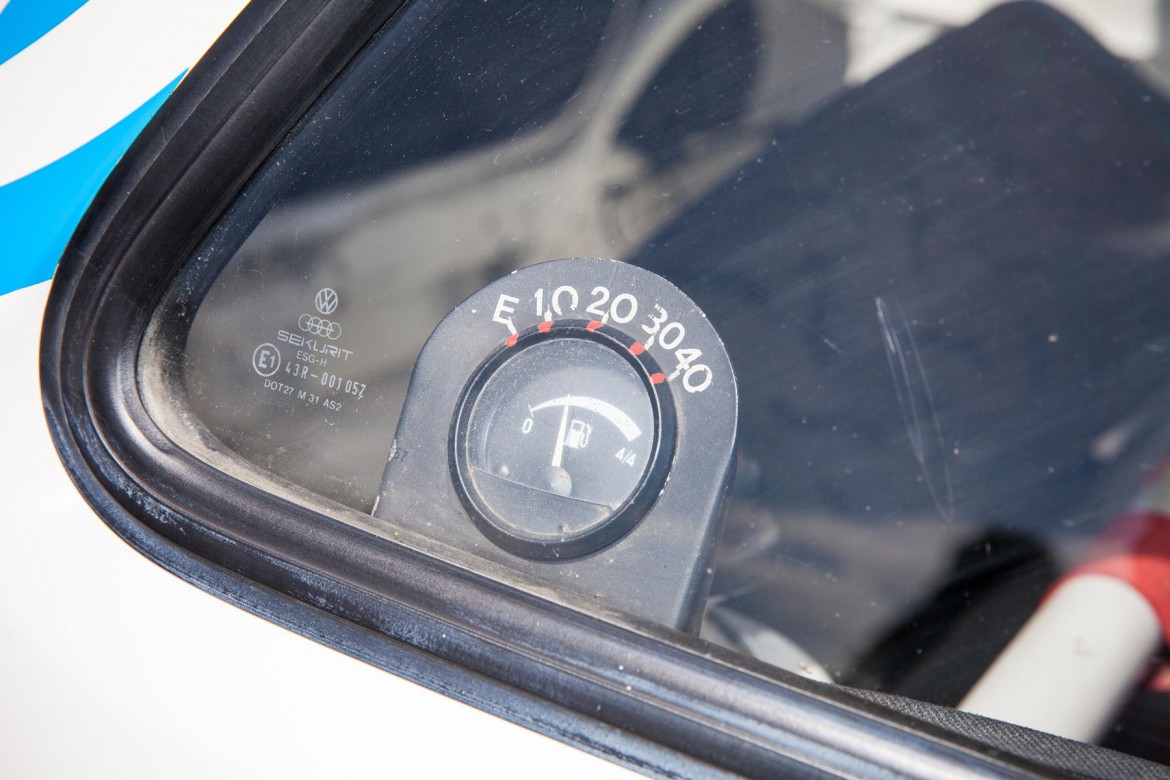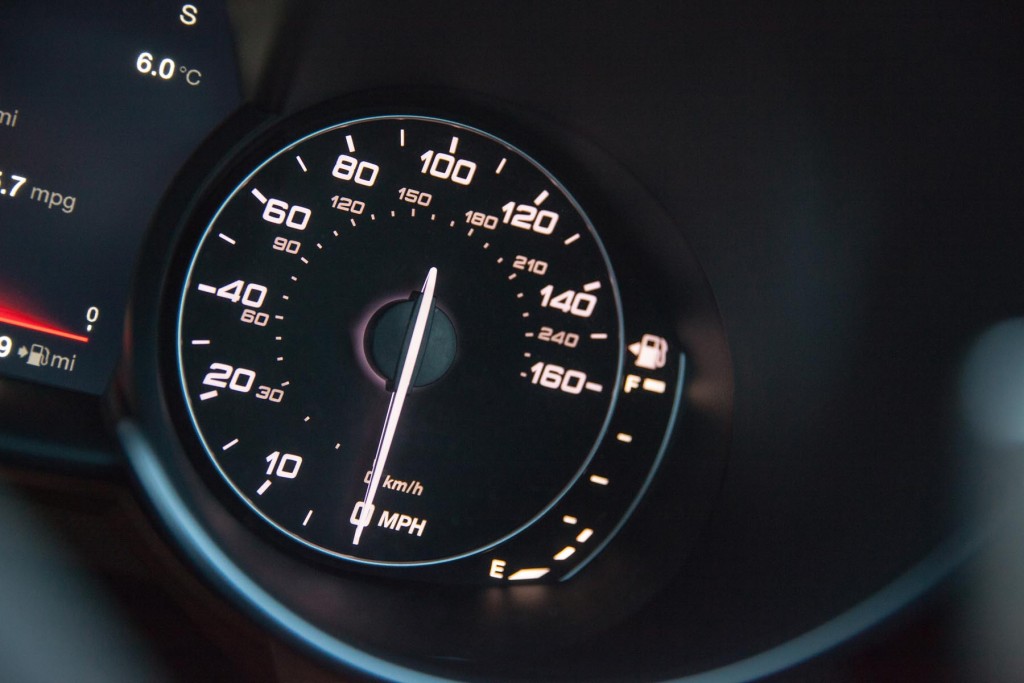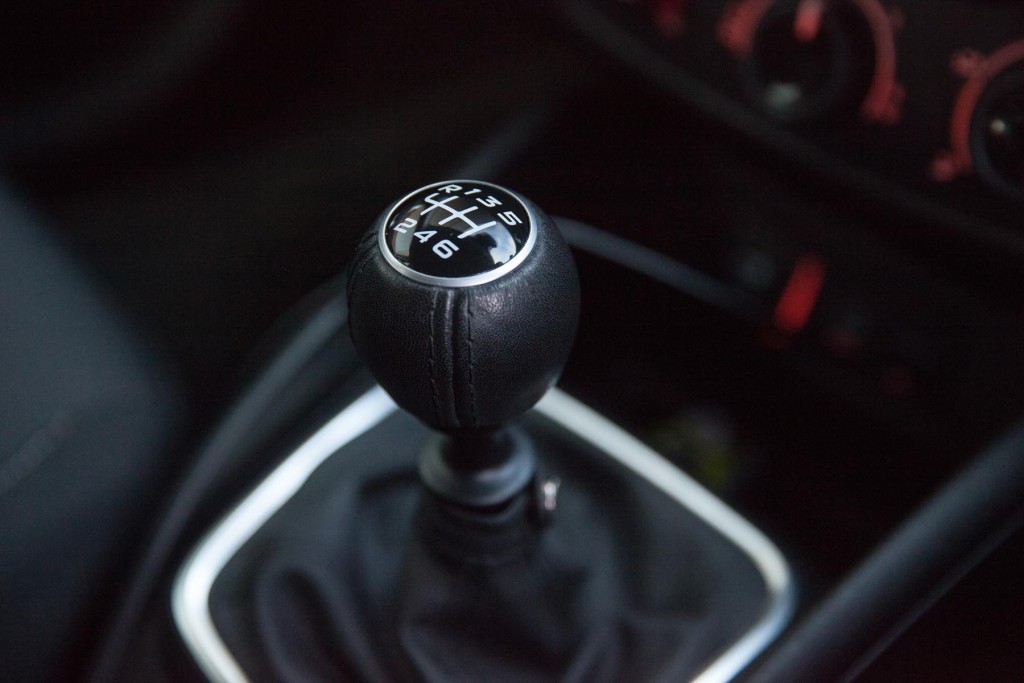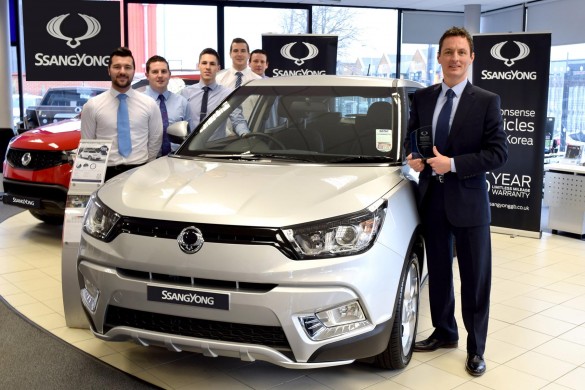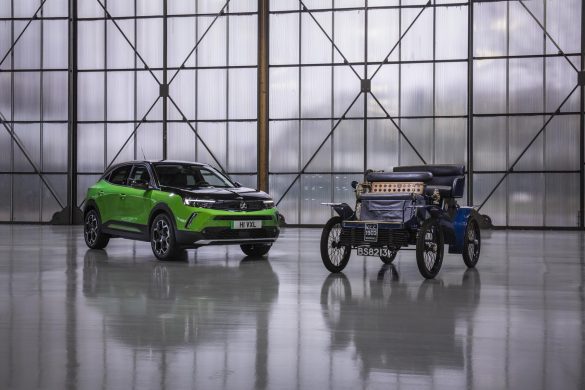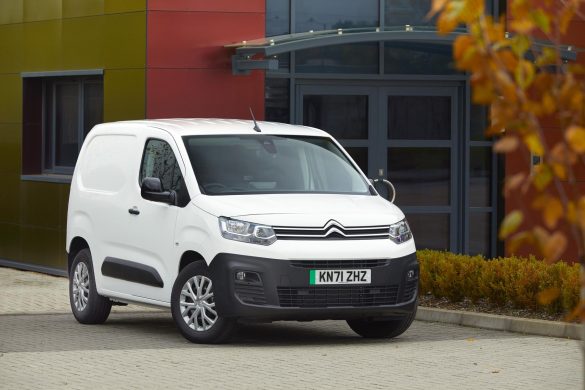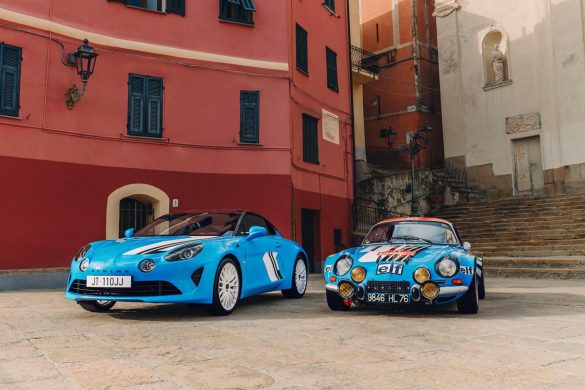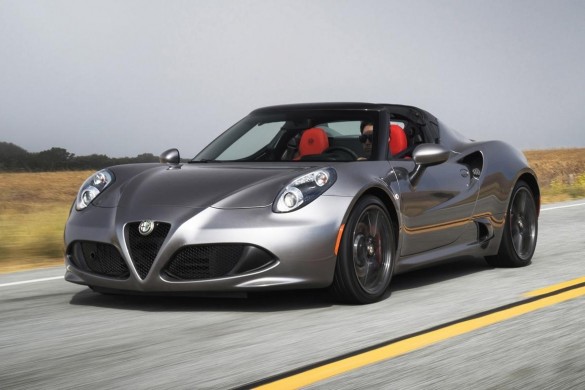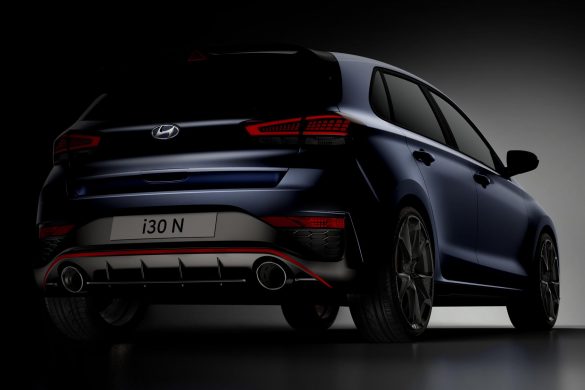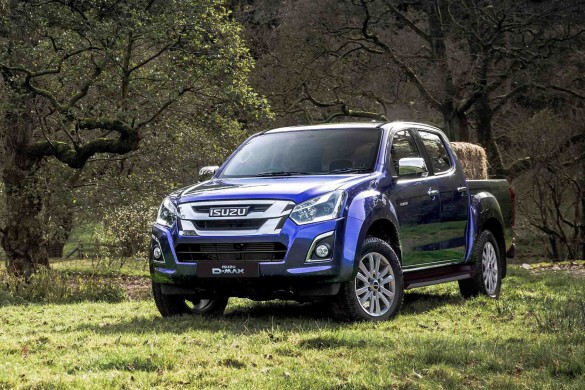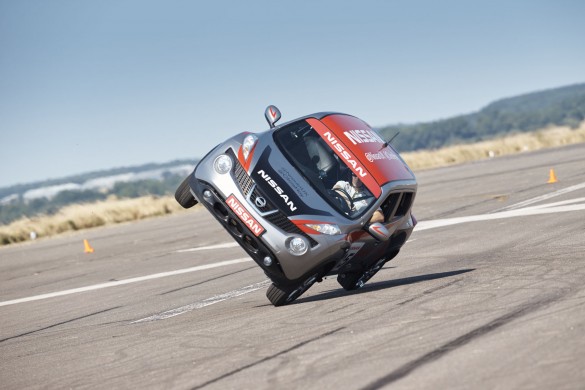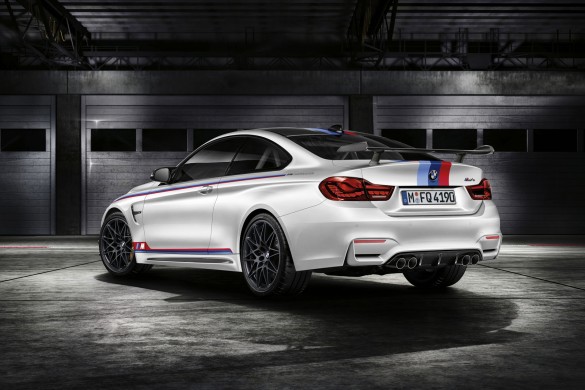If like me when looking for a new car you will have a checklist of factors to take into consideration before purchasing said vehicle and after I’ve looked at style, cost, performance and equipment available, the next question is what miles per gallon (MPG) it will return.
Each manufacturer will have researched their range and tested each car to provide these figures and you can review these statistics on many websites or on for sale advertisements. Although many end users will take these figures with a pinch of salt as tests will be carried out to give a favourable mpg and not allow for varied driving styles, temperature changes and passenger loads.
So what can YOU do to get close to these figures and gain the best from your cars mpg which in turn save you money on fuel? Well here at Used Cars NI we have complied the below list of tips to help guide you to economical driving.
- Reduce your speed – Keep an eye on the Speedo’s (not the swimming type!). For many cars, you will find they will be at their most efficient at around 50 miles per hour. When you increase your speed past 60mph, a loss of approximately 6% of your fuel economy can be expected for every 5mph gained.
- Switch your engine off – Don’t let your engine sit running on idle as this will use unnecessary fuel. If you are in a queue for more than 30 seconds, stopped at traffic lights or just simply sitting waiting for a passenger to arrive switch off your engine. Many brands have tried to aid this by introducing the start/stop technology which automatically shuts down the engine when the vehicle stops and then when the driver lifts his/her foot off the brake or engages the clutch the engine fires back up again. Its aim is to reduce the fuel use and also emissions.
- Look after your car. By looking after your car and having it properly maintained the vehicle stands you a better chance of running economically. You should have your car serviced every year or at the recommended mileage suggested by the manufacturer. Having a qualified mechanic carry out a health check on your car will allow them to pick out any issues which need rectified or put right before further problems may occur.
- Check your tyres. You probably don’t associate fuel consumption with tyres, but keeping your tyres properly inflated and making regular checks on their condition can help with your mpg. Even having a slight reduction in pressure will lead to greater resistance on the road, meaning you will spend more on fuel and on tyres.
- Where are you going? Don’t waste fuel by driving longer routes than needed or by getting lost. If like me (apparently according to the wife it’s a man thing) you get in your car and head off on a drive to a destination without thinking of your best route to get there, think again! Plan your journey so as you are not travelling further miles than you need too. Shorter routes will save you on fuel.
- Use your gears. By aiming to get into a high gear promptly (but not so quick that you strain your engine) will help to reduce your engine’s thirst. Manufacturers have taken this onboard with some adding a gear change indicator as standard to models. Take notice of this reading when it becomes visible on the dash while driving to advise when your current speed reaches the optimum speed to change up or down a gear.
- Travel Light. As previously stated when tests are carried out at the factories they don’t take into account various situations which can affect a cars mpg such as 5 passengers in the car, a full tank of fuel or also a loaded boot. Sometimes a full car can be unavoidable and we’re not saying don’t carry a fully loaded car but something you can be mindful of to help in your quest for better mpg is not to have unnecessary loads in your boot, so remove any goods which are not required. Although not always convenient try to not fill your fuel tank full of fuel as this adds a lot of weight. The more weight in the car, the harder the engine has to work to move at the same speed, hence the worse (or higher) the fuel economy.
- Easy does it. Environmental and economical driving techniques all focus on a relaxed approach to accelerating. Use of brakes wastes fuel, so try to anticipate the road ahead as much as you possibly can and cut down on the use of the middle peddle. Reducing your speed and changing down gear will assist with this too. By doing so it will make for a safer, lower risk style of driving and also saving your car’s energy.
Why not give some or all of the above tips a try to increase your mpg and as such allowing you more miles for your money.
Words and Photos: Graham Curry
